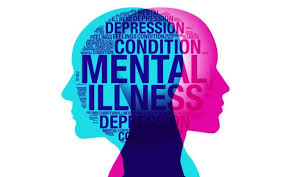The Rise of AI in Mental Health Diagnosis
AI’s Role: Unveiling Hidden Patterns
The Rise of AI in Mental Health Diagnosis: A Paradigm Shift in Understanding the Mind
-
AI in Mental Health Diagnosis
-
AI’s Role: Unveiling Hidden Patterns
Artificial intelligence (AI) is transforming the landscape of mental health diagnosis. By analyzing vast datasets of patient information, AI algorithms can identify patterns and anomalies that might be missed by human observation. This ability to sift through complex data allows AI to contribute to earlier and more accurate diagnoses.
-
The Power of Data: Fueling AI Insights
-
Harnessing Data: A Glimpse into the Mind
AI thrives on data. In the context of mental health, this data can include medical records, behavioral patterns, speech patterns, and even social media interactions. By analyzing this multifaceted data, AI models can gain a deeper understanding of an individual's mental state.
-
Identifying Trends: Unlocking Diagnostic Secrets
AI algorithms can analyze large datasets to identify subtle trends and correlations that might not be apparent to human clinicians. This can help to pinpoint risk factors, predict potential diagnoses, and even suggest personalized treatment plans.
-
-
Beyond the Algorithm: The Human Touch
While AI offers invaluable tools for mental health diagnosis, it's essential to remember that it is not a replacement for human expertise. AI should be used in conjunction with clinical assessment and human judgment to provide comprehensive and compassionate care.
-
Summary
- AI is revolutionizing mental health diagnosis by analyzing data and identifying hidden patterns.
- AI algorithms can help diagnose mental health conditions earlier and more accurately.
- AI's role is to augment human expertise, not replace it.
